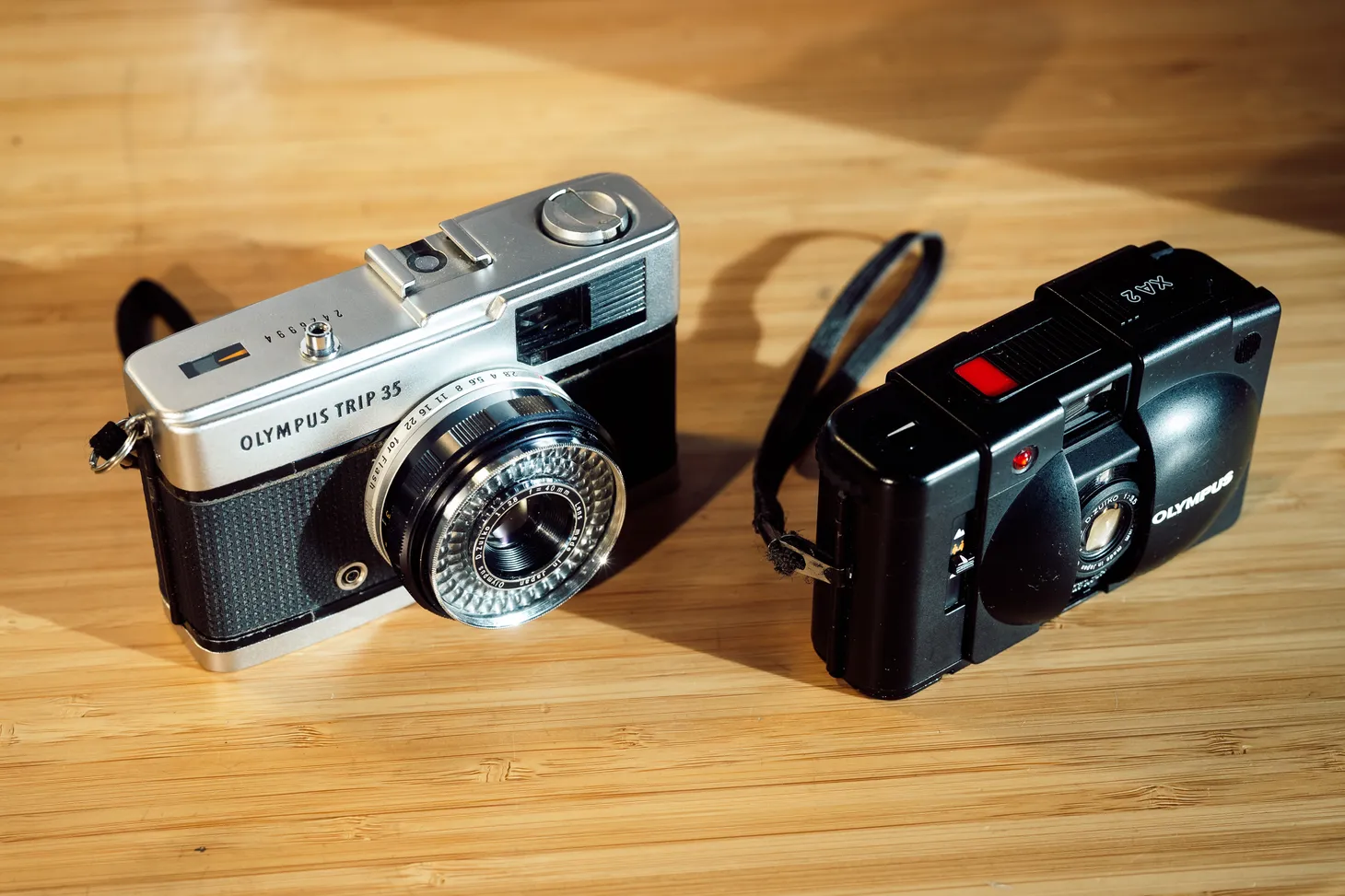Reading habits in 2016 and beyond

Only a few years ago, physical bookstores were declining and it seemed the dominance of e-books was inevitable. Yet now there are signs that this trend is stalling. Is this really true, and if so, what does it mean?
The revolution so far
Let’s cast our minds back four or five years. The Kindle platform was rising, careers were being made in a new form of self-publishing made possible by modern e-books, and many predicted the death of physical media. According to some metrics, sales of e-books overtook those of printed books in the USA at some point in 2011. The sad demise of Borders seemed to reinforce that view, and it was widely believed that the iPad and Kindle combined would drive a stake through the heart of an ailing traditional publishing industry.
But many forces are at play here. Articles like this one from the Daily Mail helped to create the idea that the Kindle platform was an endless source of riches. The output of new books increased at an exponential rate, which rapidly led to problems in supply and demand. Dissatisfaction was brewing in the indie author community as early as 2012, when I arrived on the scene. Writers complained of a vast flood of new competition and even established names started to notice falling sales. ‘Getting noticed’ became the new ‘getting published’.
Meanwhile, adoption of tablets reached a plateau as large-screened smartphones began to cannibalise the market. Smartphone penetration is now high in the UK, but the problem is that most people only use them for calling, texting, Facebook, and the odd game1. The normal smartphone user has no idea you can read a book on a phone, and would probably not find the experience that great. Besides, there are so many other entertainment options competing for attention nowadays, most of which offer more immediate gratification than an e-book (but that’s a subject for another article altogether).
So we come to what has been portrayed in the media as the revival of the physical book (although there is much misleading information out there, based on biased or simply bad data). Here in the UK, Waterstones, one of our biggest and best chain bookstores, is thriving – and has moved beyond its short-lived and misguided attempt to sell Kindle devices in stores. And I have even noticed more people reading paperbacks on the train, where once Kindles would have been everywhere.
Of course, all of this is strictly anecdotal. So I took to Twitter and asked my followers how they prefer to read. While the data set is small and the study is by no means scientific, I found the results interesting.
How do you prefer to read books? If you’ve changed from digital to paper or vice versa, I’m interested to hear why.
— Alex Roddie (@alex_roddie) January 8, 2016
Many of my followers are backpackers, and a frequent comment was that the Kindle is far more convenient for travelling. However, other people said that they still prefer physical books.
@alex_roddie I did a two month backpack. One kindle as opposed to a few books & having to resupply with books at stages. — Mark Waring (@mjdwaring) January 9, 2016
@alex_roddie @elteeoberonus I love a proper book but a Kindle is fab for those late night reading emergencies. And also for travelling.
— Susan shaped (@A_Susan) January 9, 2016
@alex_roddie sorry but I consider digital book to be the death of real books. So my answer will always be paper — Kenneth Ellis (@kEllisi123) January 8, 2016
What about my own reading habits? I have become a hybrid reader. I read on a Kindle, smartphone or iPad for convenience, yet still prefer the experience of reading a ‘real’ book – and there could be something in the idea that physical books are processed differently by the brain, because I find I retain more information from something I’ve read in print. If I’d known five years ago that I’d still be reading and buying paperbacks in 2016 – new ones, that is, not just second-hand or rare books only available in print – I think I’d be surprised.
So what is happening?
I have presented plenty of links but few hard facts of my own here, because we are right at the start of this curve and I believe it’s almost impossible to draw meaningful conclusions from the scant data (which is reflected by the breadth of different views in the links I’ve included). E-reading has the potential to be a revolution as huge as the mass-produced printed book, yet the process only began a handful of years ago. It’s still impossible to tell whether any change is the start of a counter-trend, or just a blip in an upward trajectory. We’re flying blind.
There are only two things I’m certain of:
- Convenience is highly prized. In a contest between convenience and almost any other quality, convenience usually wins – and e-books are very convenient. It’s why companies like Google are currently so successful.
- The human mind is an inherently analogue thing. Although we crave the convenience of the digital, there is also pushback against the relentless optimisation of life by machine – especially when it comes to art, that most human of things.
I don’t think e-books are a fad, but neither do I believe they will eradicate the printed word – at least, not in our lifetimes. I foresee a long and mutually beneficial co-existence until some distant time in which humanity is so different that the very issue is obsolete. In the late 18th century many people were terrified that cheap books would kill off oral storytelling. That’s hardly a concern in 2016.
But you know what? People still tell stories around the campfire, too.
- I used to work as a consultant at Carphone Warehouse. I’d say that fewer than 5% of people I dealt with in those years used smartphones to anywhere near their full capabilities. In fact, a significant proportion never installed any third-party apps at all; either they were unaware of the option, or simply had no wish to do so. ↩︎
Alex Roddie Newsletter
Subscribe here to receive my occasional personal newsletter in your inbox. (For the fun stuff, please consider subscribing to Alpenglow Journal instead!)




